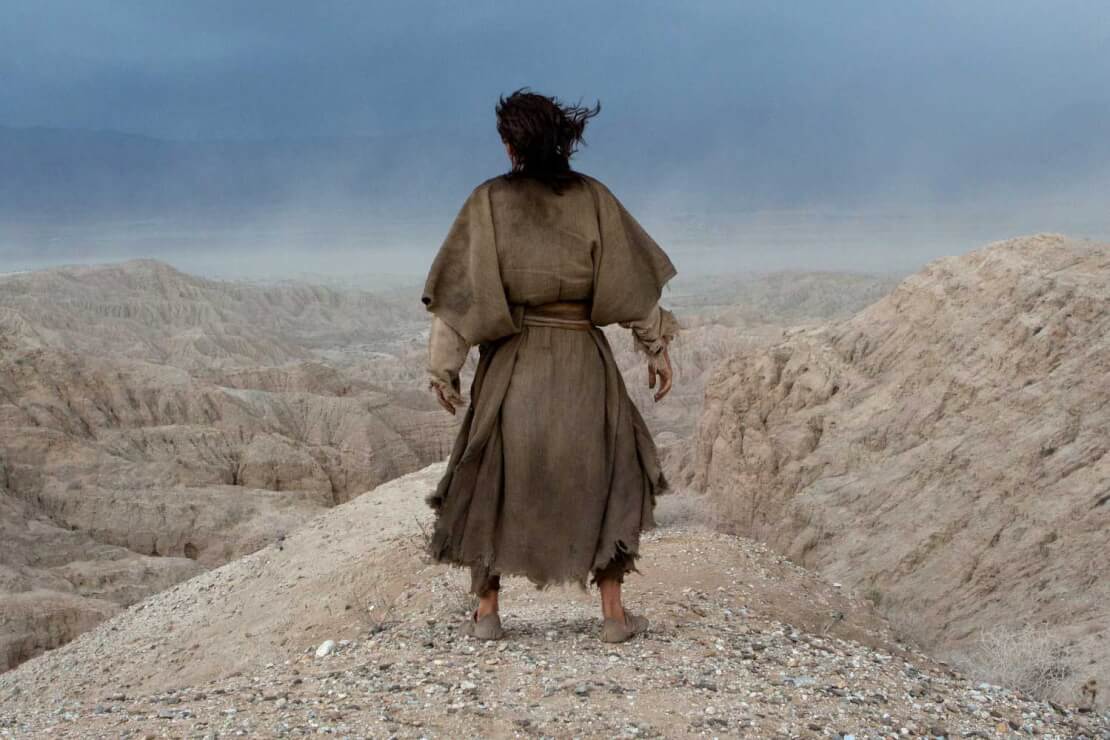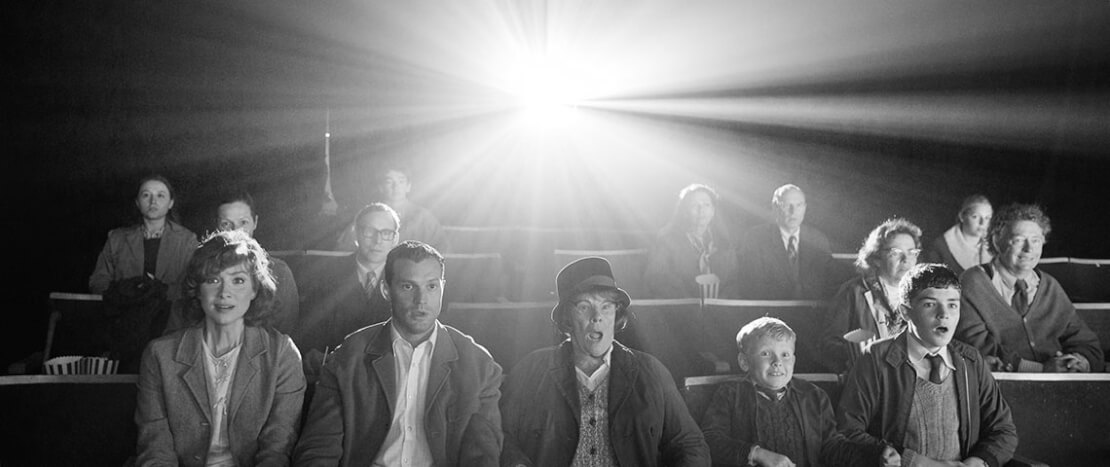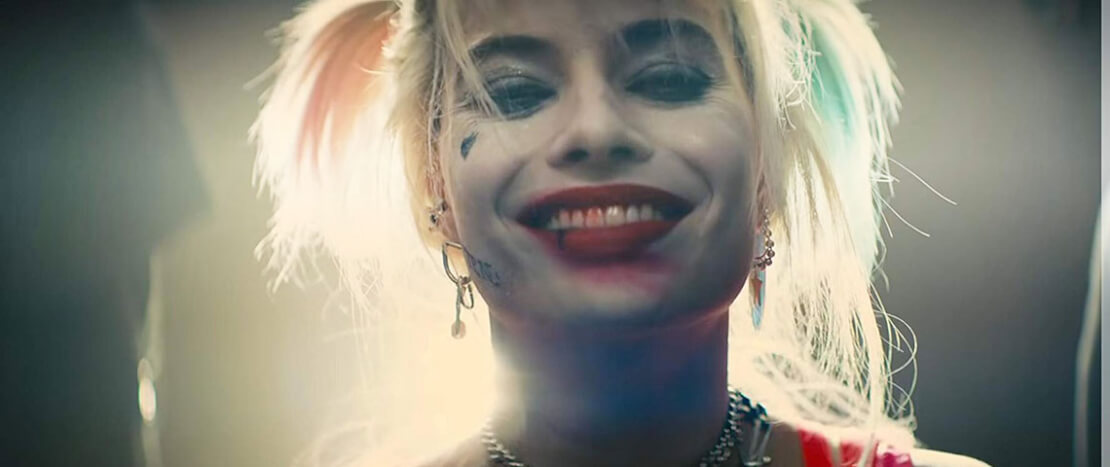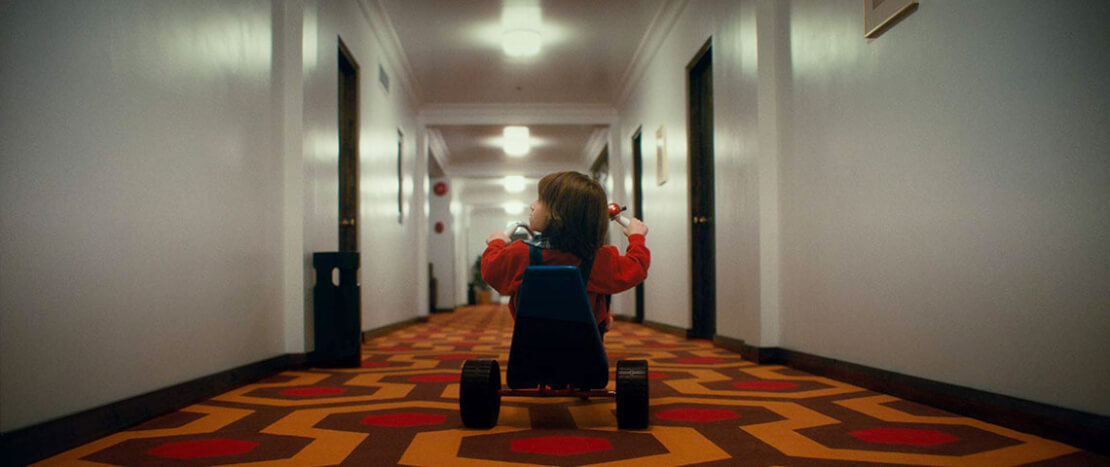Last Days In The Desert
‘Last Days In The Desert’ is an imaginary meditation on the trials of Jesus wandering out of the desert, whilst being beguiled by the devil.
In the title role Ewan McGregor plays Jesus, who is as dried-out as the arid landscape he inhabits. His Jesus is a man lost both inside and out, looking for rhetorical proof in thorny bushes, by way of a confirmation of identity. When the devil does come, he brings with him a more direct, colloquial turn of phrase compared to Jesus’s inner musings. This makes for an interesting counterpoint, jarring with McGregor’s scriptural dialogue which plays it more by the book.
Where ‘Last Days In The Desert’ arguably falters is in the difference between conveying the banality of a solitary existence and becoming the banality that it seeks to show. The pace of the movie is so slow that it might lose even the most attentive viewer. Fortunately thorny dialogue is on hand from the ever-believable Ciarán Hinds whose faultless performance time and again pulls you out the movie’s slow-moving vistas.
The closing scenes when they come, feel deliberately ambiguous. Depending on your fascination for each of the movie’s characters, you might read the outcome in different ways. However what is clear is that, ‘Last Days In The Desert’ redeems itself in the final shot to give a telling context to the landscape that bore these characters.
With its coarse, dust-blown cinematography and an occasional score, ‘Last Days In The Desert’ is not a re-run of Scorsese’s ‘Last Temptation Of Christ’ but an imaginary morality tale, stripped back of any excess distraction where you only have the lead characters to consider.













